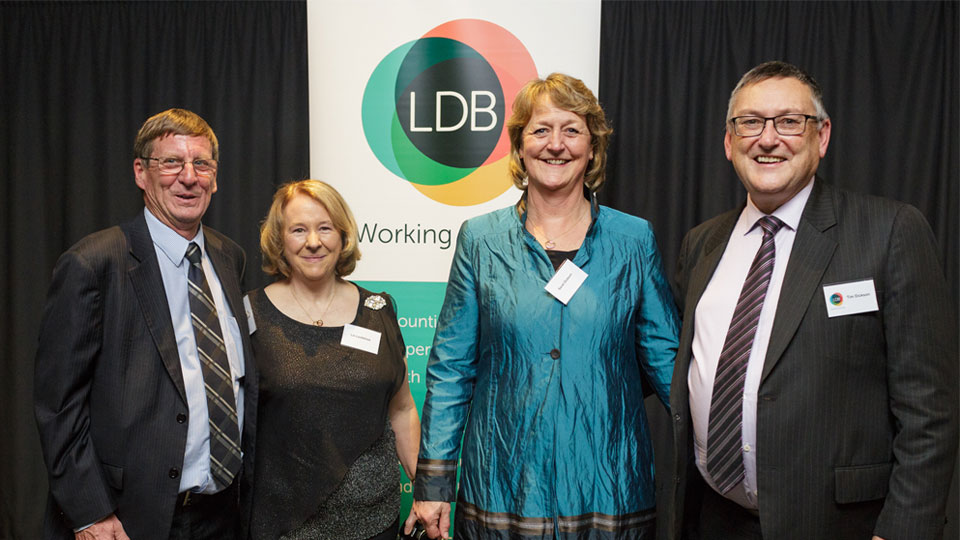October 31, 2023
Structuring Options for a Construction Business

Welcome back to our series investigating common questions which arise for businesses in the Australian building and construction industry. Following on from our initial article regarding the differences between being a contractor or being an employee, this article expands on another pivotal decision around which business structure to utilise.
This decision not only impacts tax obligations and compliance requirements but also sets the stage for business growth and scalability. This article outlines the primary business structures in Australia, each tailored to the unique demands of the construction sector. We return to our previous case study involving “Alex,” a young starter in the construction industry, to help explain these choices.
Sole Trader
Pros:
Ease of Setup: Ideal for single contractors or small-scale builders, like Alex, who is starting with smaller residential projects. Low cost as group structure consists of a single entity.
Simple Taxation: All business income is treated as personal income.
Cons:
Personal Liability: Any business debts or legal issues are the sole responsibility of the owner, a risk in construction projects.
Scaling Challenges: Given the smaller structure and scale the ability for the business to grow is limited.
Partnership
Pros:
Shared Resources: Could be beneficial if Alex partners with an experienced contractor to share costs.
Access to Lending and Capital: Shared income producing history can make loan applications more attractive to prospective lenders.
Simple Taxation: Each partner bears their tax burden directly much in the same way as a sole trader.
Cons:
Joint Liability: Alex would be equally liable for any business debts or legal issues, even if they only occured through the actions of Alex’s business partner.
Potential for Conflict: Decision-making is shared, which can lead to conflicts or disagreements over business strategy.
Limited Lifespan: Partnership dissolves if one partner leaves.
Company
Pros:
Limited Personal Liability: The liability towards business debts is reduced (but not eliminated) in a corporate structure. This is ideal if Alex plans to take on higher risk projects for greater reward in the future.
Capital Raising: Selling shares in a company can provide an alternative source of capital compared to borrowing money from a lender.
Permanent Existence: A company can continue indefinitely irrespective of ownership changes so long as it is not deregistered or liquidated.
Cons:
Complexity: Not only high setup costs but also ongoing compliance and reporting in excess of what simpler structures are required to do.
Regulation: The construction sector has strict regulations; a company structure requires stringent reporting.
Trust
Pros:
Tax Benefits: Allows for tax-efficient distribution of income among beneficiaries such as to Alex’s family members.
Succession Planning: Trusts provide a mechanism to pass ownership tax effectively to a future generation if Alex wants to keep the business in the family.
Cons:
Complex Setup: Higher legal and accounting fees for establishment. They are also subject to great legislative risk from the change of tax rules.
Operational Complexity: Trust deeds and trustee decisions can make daily operations more complicated.
Finite Duration: Limited to a finite period of existence, often 80 years in Australia depending on the state.
Case Study: Alex’s First Construction Business
Alex is a first-time entrepreneur planning to start a small construction business specializing in residential renovations. Early days this means Alex has a limited budget and plans to take on just a few projects initially. After thinking through the respective pros and cons, Alex decides to start as a Sole Trader. This allows the ability to maintain complete control, keep initial costs low, and simplify tax reporting. In future years as Alex gains more experience and capital, the plan is to transition to a Company structure to take advantage of limited liability and easier capital-raising options for larger projects. When Alex reaches this point the advisers at LDB will be a valuable resource to act as guides into the next step.
Need assistance with determining the correct business structure for you?
Choosing the right business structure is a foundational step in launching a successful venture in Australia’s building and construction sector. Whether you’re a first-time entrepreneur like Alex or a seasoned professional, it’s vital to align your structure with your business goals, risk tolerance, and regulatory requirements. The experienced tax and business services team at LDB Group can help.
To find out more, contact us by phoning (03) 9875 2900 or sending us details via the contact form below.





